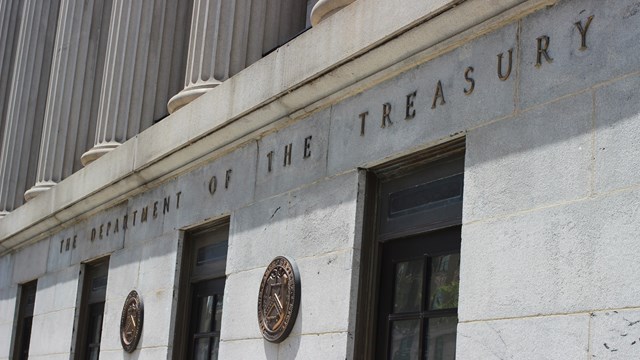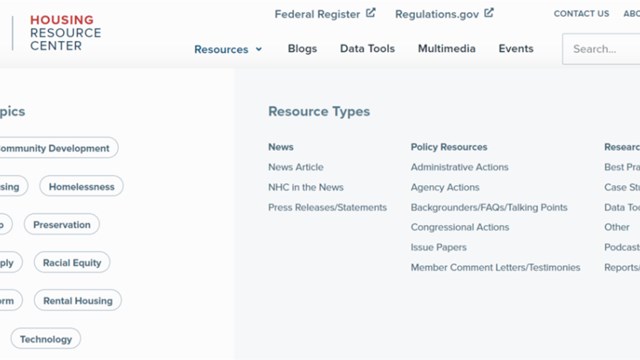Almost as if by coincidence, given last week’s historic rains and flooding, New York State has recently passed two laws that provide some answers for homeowners and renters affected by the intense weather event. The first, Section 231-B of New York State’s real property law, relates to flood history and risk notice in residential leases. The second, Assembly Bill A01967, concerns the disclosure of flood insurance on property condition statements and the repeal of section 467 of the Real Property Law relating to liability with respect to property disclosures.
Section 231-B
Section 231-B applies to residential leases. As such, co-ops - in which shareholders own shares in a corporation and hold proprietary leases on their units - are subject to this law. 231-B also applies to condominium units that are rented and occupied by someone other than the owner. The law was written and passed in response to last year’s horrific storms in which four people drowned in flooded basement apartments.
The new law requires landlords to disclose in their lease if the property is part of a flood plain, and to disclose the property’s flood history. They must also put a notice in the lease whether flood insurance is available through FEMA. “The law protects tenants in flood prone areas,” says William McCracken, a partner with Moritt Hock & Hamroff, with offices in Manhattan and Garden City. “warns them if they are at risk.”
While this is good news for renters, McCracken notes that once again, as has been the case with previous other laws passed in New York State, the wording of the new law is problematic for cooperative corporations. They fall under the law’s jurisdiction due to their use of proprietary leases, but, says McCracken, “If you are a landlord, you can easily amend your lease - but to amend a co-op lease is a different situation. To amend a proprietary lease requires majority consent of all shareholders, so it puts co-ops in a tricky position. They can’t just amend the lease without calling a general meeting - and that can result in other problems. So to comply with the new law, boards must try to put its requirements into their house rules or purchase applications. It may be difficult for them to achieve compliance.” As has been the case in the past with legislation that puts undue burdens on co-ops, a carve-out exempting them may ultimately be added to the law.
It should be noted that these new requirements are not applicable to commercial leases in residential buildings - so they don’t apply to ground floor or basement commercial spaces in residential co-op or condo buildings. In the course of business, it is assumed a sophisticated lessee such as a commercial tenant would have an attorney vetting the lease - and an attorney who didn’t look into flood issues would be negligent.
Assembly Bill A01967
Assembly Bill 1967 is concerned with the sale of real property, though as McCracken notes, “There’s an existing obligation under law for the sale of property that the seller must fill out a property condition statement disclosure, It’s important to note that sales of co-ops and condominiums are exempt from the requirement to prepare these property condition statement disclosures, and nothing in the new law changes that. There are questions about the condition of the property. Until now, the seller could get around the requirement by giving the buyer a $500 credit. This was the standard action. The seller did it and everyone moved on, no further questions asked. This amendment eliminates that opt-out. The legislature also added additional questions and disclosures for flood risk to dovetail with the other law. Sellers must now disclose if a property is in a flood plain, whether the flood insurance must be maintained, and what the property’s flood history is.”










Leave a Comment